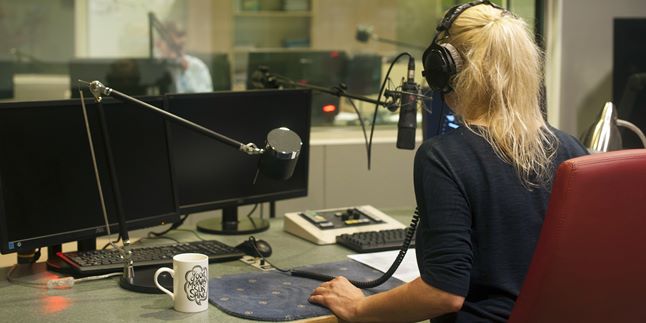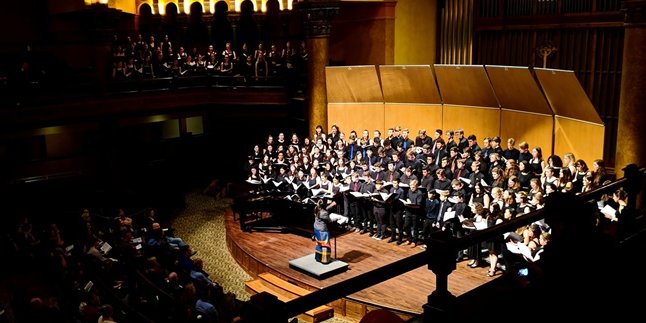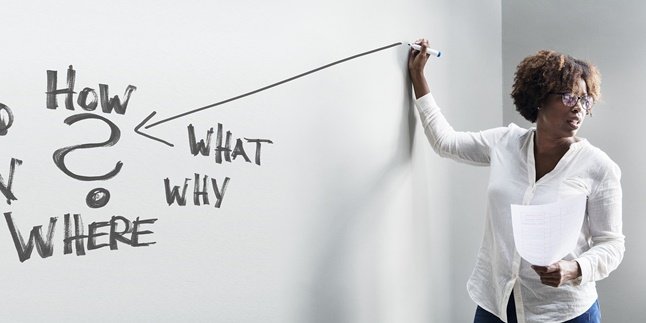Kapanlagi.com - Currently, podcasts have become a highly favored form of entertainment in media content. Even unique and interesting discussions can attract many viewers to podcasts. Podcasts are a form of entertainment that is currently popular among various groups, and can even serve as a new source of information for the public, especially for unique and informative discussions.
Of course, podcasts are no longer a taboo subject, especially for millennials, as podcasts have become a choice in content entertainment. For those of you who want to create a podcast, it is important to understand the definition of podcasts and their types. This way, you can start a podcast without doing it haphazardly. There are actually many types of podcasts that you can choose from if you want to create your own podcast.
So, here is the definition of podcasts along with their types and how to create them, as compiled from various sources. Let's check it out, KLovers.
1. Understanding Podcast
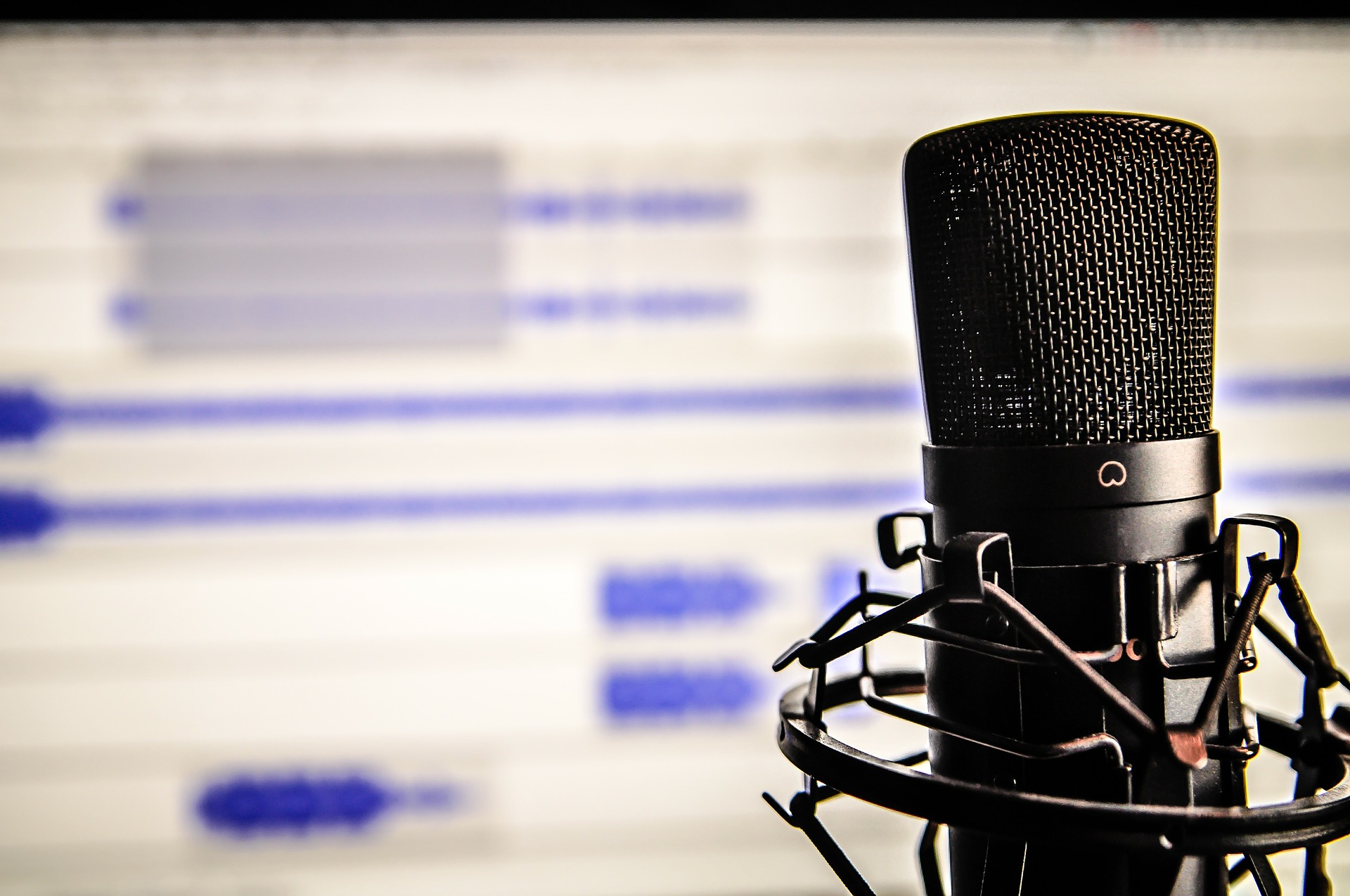
Illustration (Credit: Pixabay)
Podcast is an audio recording discussing a specific topic, such as business or travel, that can be listened to. Podcasts can be listened to by the general public through the internet. Unlike radio, which needs to be done and broadcasted live on a specific frequency.
However, podcasts can be implemented anytime and can be listened to through various electronic media available. Podcasts are widely used by people to listen to news, science, and knowledge sharing that can be repeated. Podcasts have become one of the popular contents because they can be listened to anytime.
Currently, we can also use podcasts through third-party applications called Anchor. Due to its on-demand nature, podcasts are highly favored by internet users today compared to listening to broadcasts from radios that have limitations in access, frequency, and time.
2. History of Podcast
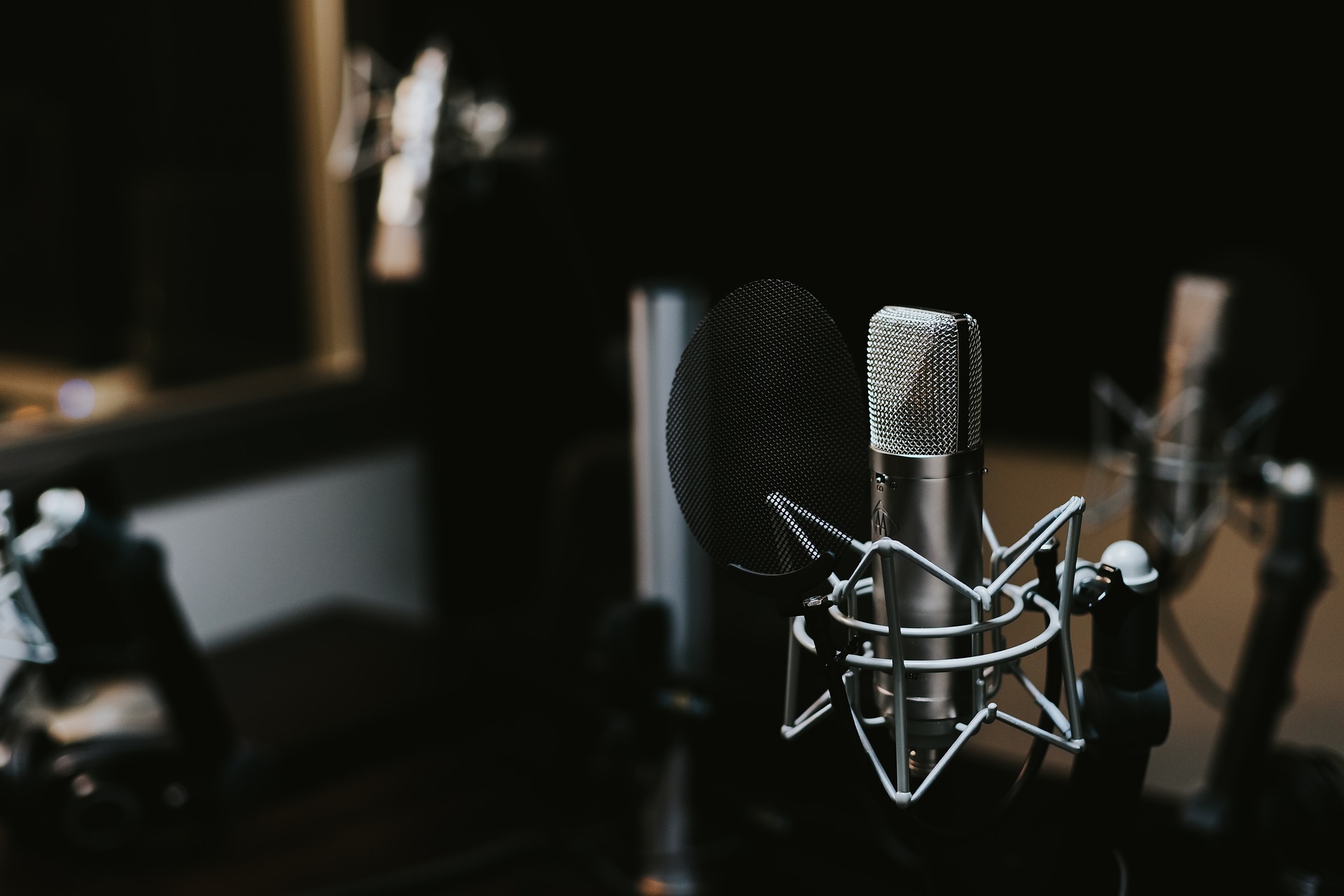
Illustration (Credit: Pixabay)
After knowing the definition of a podcast, you also need to know the history of the podcast itself. Yup! It turns out that podcasts were discovered recently. The history of the first podcast appeared in an article by Ben Hammersley in The Guardian newspaper in 2004.
The term 'podcast' itself originally comes from the word 'Pod', which is an abbreviation of 'Playable on Demand'. Podcasts were initially designed to be played on gadgets through the iOS system, such as Mac and iPod. This podcast concept was adopted by Apple, on the iPod and Apple Podcasts products. Then, Apple released the podcast feature in 2005.
These audio broadcasts have been appearing on various radio networks, such as BBC, NPR, CBC Radio One, and so on. Nowadays, not only big companies can broadcast their own podcasts, but ordinary people can also do it themselves. Podcasts have become increasingly popular over the years and reached their peak of popularity in 2007.
Podcasts continue to rapidly evolve to this day. With the current advanced technology, accessing and subscribing to podcasts has become easier. This flexible access system is what makes podcasts increasingly accessed by listeners. Moreover, in Indonesia, podcasts have become one of the choices for entertainment and a source of information.
3. Types of Podcasts
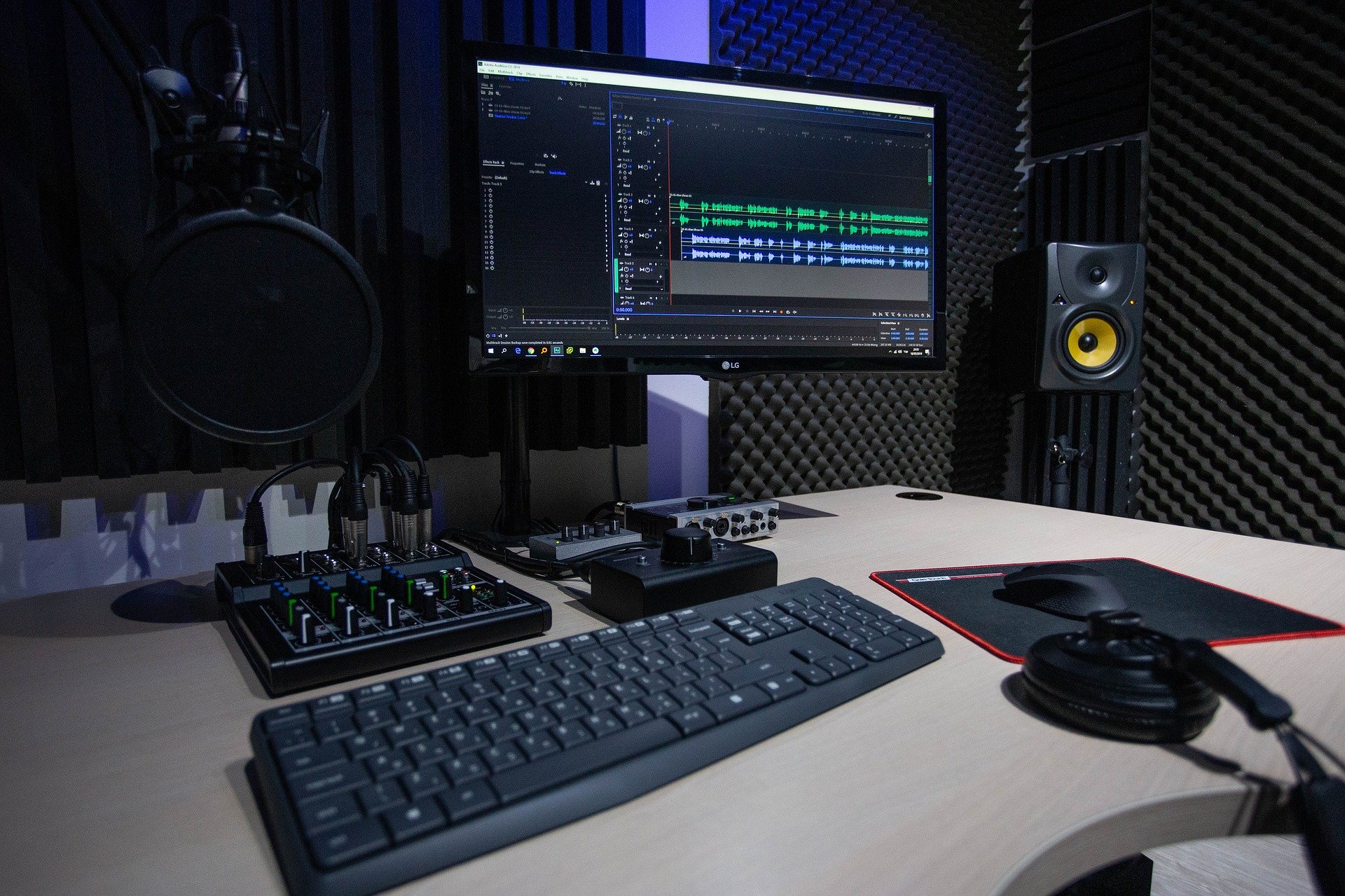
Illustration (Credit: Pixabay)
Apparently, podcasts themselves have 3 types. Yes, many of us may not know about this. But in fact, podcasts have 3 types. And here are some types of podcasts that you can know:
1. Interview podcast
The first type of podcast is the interview podcast. This type of podcast is where the host conducts interview sessions with different guests or speakers in each episode.
2. Solo podcast
The second type is the solo podcast. Yes, this type of podcast is done by the host alone or monologue. The purpose of the solo podcast is to convey an opinion, share information, or conduct Q&A sessions. It is done by the host and listeners.
3. Multi-host podcast
And the last type is the multi-host podcast. Yes, this type of podcast has more than one host. The purpose of the multi-host podcast is to offer discussions and have different opinions and perspectives to develop more interesting discussions.
4. Benefits of Podcasts
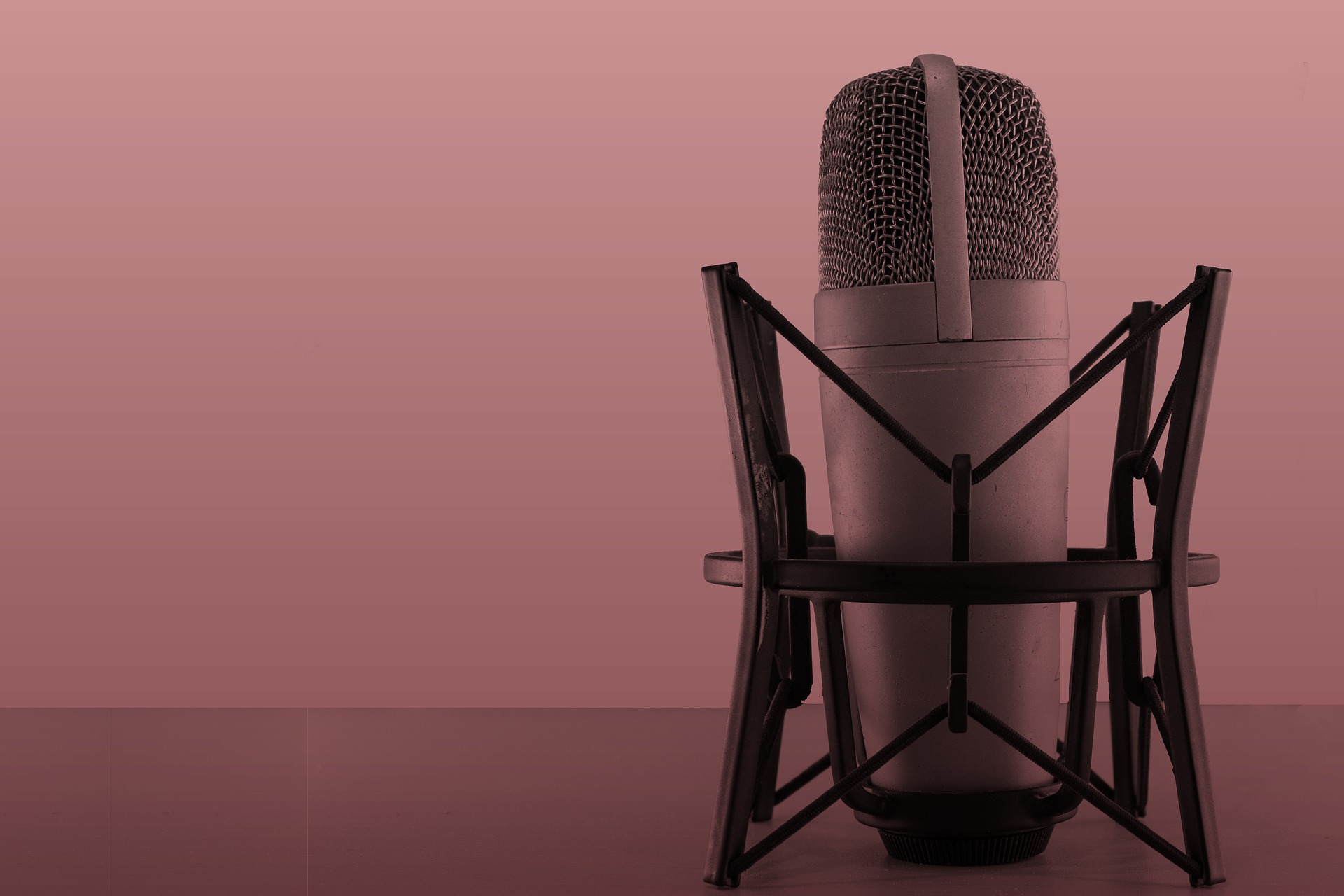
Illustration (Credit: Pixabay)
Not only is it a form of entertainment, but podcasts also have many benefits. Besides being easily accessible anytime, podcasts can also cover a variety of topics in audio shows that you want to listen to. Yes, you can start with light topics, education, music, discussions, and so on. Here are some benefits of podcasts:
1. Many topic choices
Yes, the first benefit is that podcasts cover a wide range of topics, from comedy, music, film, politics, and more. This can be both entertainment and a good source of information, even a new field of knowledge.
2. No advertisements
Unlike radio shows that always include advertisements, podcasts do not have ads. This makes the content more comfortable and focused in the podcast discussions.
3. Flexible and can be listened to anywhere
Lastly, podcasts can be listened to without time or location restrictions. You can access podcasts when commuting to or from work, before sleeping, or when feeling bored. So, you can choose a comfortable time to listen to a podcast.
5. How to Create Your Own Podcast
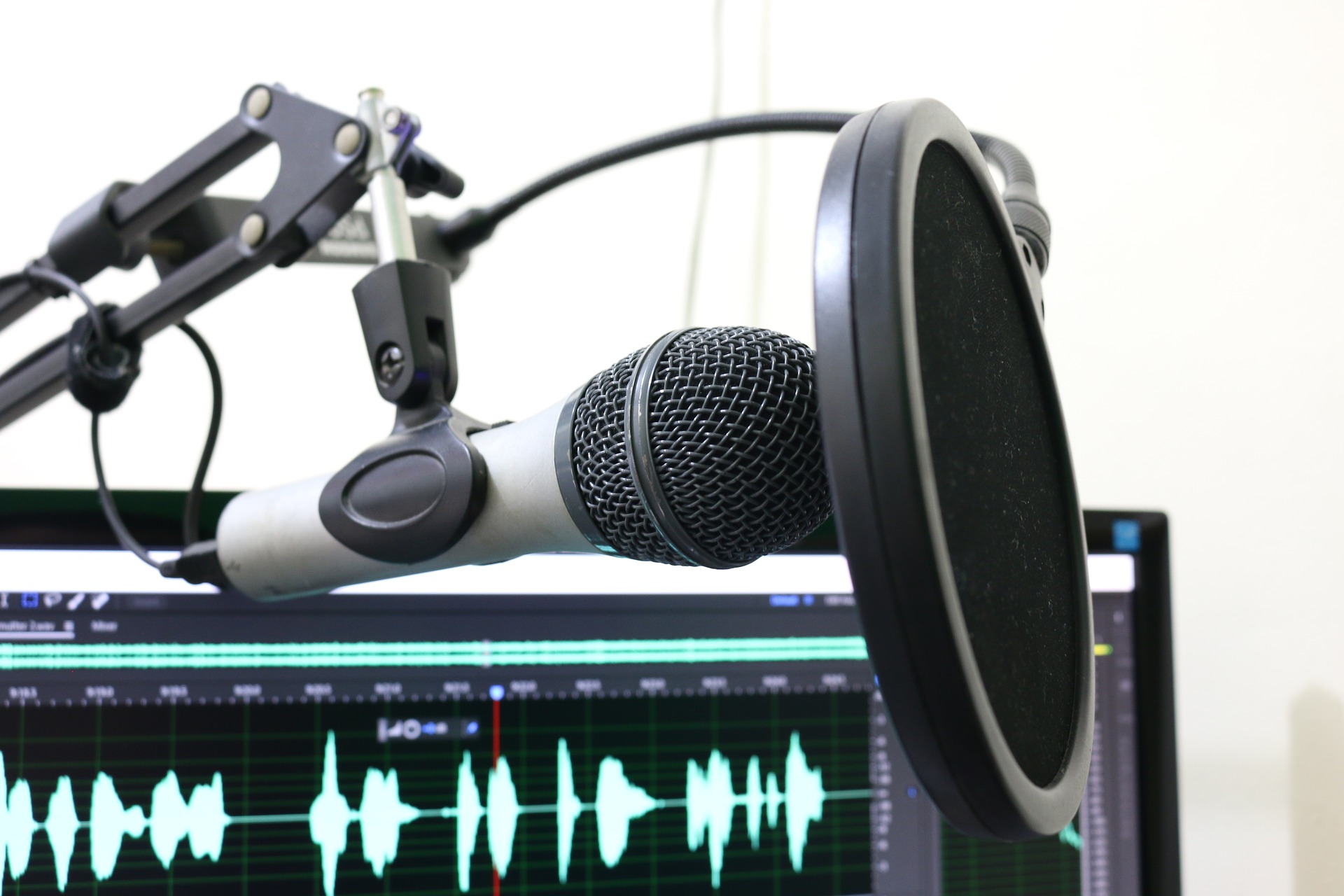
Illustration (Credit: Pixabay)
And the last one is, you can create your own podcast that you want. You can choose what kind of application you want to use to broadcast your podcast. And here are some steps in creating a podcast. Let's check it out:
1. Determine the theme
Yes, the first step in creating a podcast is by determining the theme. Many podcasts are broadcasted massally through digital music services. Some podcast media usually provide shows based on categories such as comedy, political news, sports commentary, music, movies, and others. Choose a topic or niche that is suitable and try to understand the material that will be done.
2. Prepare a place
The second step is to prepare a special place or studio that is soundproof. This is to ensure that there is no noise (disturbance) during podcast recording. So that those who watch or listen to the podcast do not feel disturbed.
3. Prepare equipment
Then, the third step in creating a podcast is by preparing equipment for the podcast. The podcast equipment itself includes a microphone, audio recording, editing software, etc. Determine the equipment that suits your needs.
4. Determining the niche
Next is to choose a podcast niche by selecting a topic that you are knowledgeable about to facilitate the podcast creation process. If you have no understanding at all about football, then choose something that you may understand, for example, art. This is so that you won't struggle when determining a question.
5. Master the material
An important thing in a podcast is mastering the material. Yes, by mastering the material that will be presented before recording, it will make the podcast more interesting. It is even better to create a script to smoothen the recording process.
6. Edit the podcast results
And the last one is by editing the podcast results. Maximizing the results of the recording that has been made will certainly function to maintain consistent volume, add intro and outro, fix mistakes, and eliminate empty air gaps. You can use applications to help facilitate editing the recorded podcast.
That is the definition of a podcast, along with its history, definition, and how to create it. Of course, after knowing a lot about this podcast information, you can start creating a professional podcast.
(kpl/gen/dhm)
Disclaimer: This translation from Bahasa Indonesia to English has been generated by Artificial Intelligence.
